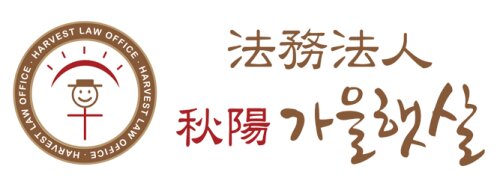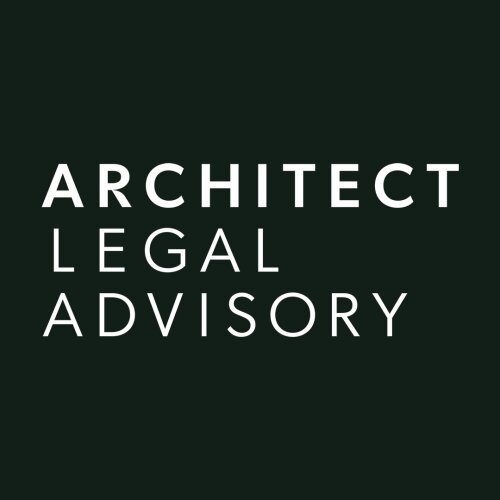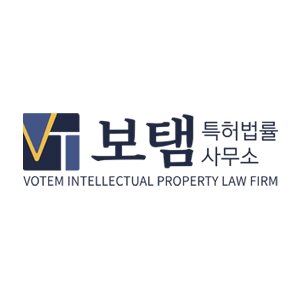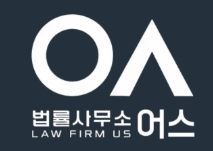Best Lawsuits & Disputes Lawyers in Seoul
Share your needs with us, get contacted by law firms.
Free. Takes 2 min.
List of the best lawyers in Seoul, South Korea
About Lawsuits & Disputes Law in Seoul, South Korea:
Lawsuits and disputes in Seoul, South Korea are typically handled through the court system, with various laws and regulations governing the process. Whether you are involved in a business dispute, a civil lawsuit, or a criminal case, it is important to understand your rights and obligations under South Korean law.
Why You May Need a Lawyer:
You may need a lawyer in Seoul, South Korea for a variety of reasons, such as navigating complex legal procedures, interpreting local laws, negotiating settlements, or representing you in court. A lawyer can provide you with the legal expertise and guidance needed to protect your rights and interests during a lawsuit or dispute.
Local Laws Overview:
In Seoul, South Korea, laws governing lawsuits and disputes cover a wide range of areas, including contracts, torts, property disputes, family law, criminal law, and administrative law. It is important to familiarize yourself with the specific laws that may apply to your case, as well as any rules and procedures of the court system.
Frequently Asked Questions:
1. What is the statute of limitations for filing a lawsuit in South Korea?
The statute of limitations for filing a lawsuit in South Korea varies depending on the type of case. For example, a civil lawsuit typically has a statute of limitations of 10 years, while a criminal case may have a shorter time limit. It is important to consult with a lawyer to determine the deadline for filing your lawsuit.
2. Can I represent myself in court in Seoul, South Korea?
Yes, you have the right to represent yourself in court in South Korea. However, it is recommended to hire a lawyer if you are not familiar with the legal process or if your case involves complex legal issues.
3. What are the steps involved in a lawsuit in Seoul, South Korea?
The steps involved in a lawsuit in Seoul, South Korea typically include filing a complaint, serving the other party, pretrial discovery, settlement negotiations, trial, and judgment. Each step has its own rules and procedures that must be followed.
4. How long does a lawsuit in Seoul, South Korea typically take?
The length of time it takes to resolve a lawsuit in Seoul, South Korea can vary depending on the complexity of the case, the court's schedule, and other factors. Some lawsuits may be resolved in a matter of months, while others can take years to reach a final resolution.
5. What are the common types of disputes that may lead to a lawsuit in Seoul, South Korea?
Common types of disputes that may lead to a lawsuit in Seoul, South Korea include contract disputes, property disputes, family law matters, labor disputes, and criminal cases. It is important to seek legal advice if you are involved in any of these types of disputes.
6. How can I find a lawyer in Seoul, South Korea to help with my lawsuit?
You can find a lawyer in Seoul, South Korea by contacting the Korean Bar Association, asking for recommendations from friends or colleagues, or searching online legal directories. It is important to choose a lawyer with experience in lawsuits and disputes relevant to your case.
7. Can I settle a lawsuit out of court in Seoul, South Korea?
Yes, you can settle a lawsuit out of court in Seoul, South Korea through negotiation, mediation, or arbitration. It is often faster and less costly to settle a lawsuit out of court, but it is important to have a lawyer review any settlement agreements before agreeing to them.
8. What are the court fees for filing a lawsuit in Seoul, South Korea?
The court fees for filing a lawsuit in Seoul, South Korea vary depending on the type of case and the amount of damages sought. It is important to consult with a lawyer to determine the exact court fees for your specific case.
9. What are the possible outcomes of a lawsuit in Seoul, South Korea?
The possible outcomes of a lawsuit in Seoul, South Korea include a judgment in your favor, a judgment in the other party's favor, a settlement agreement, or the dismissal of the case. It is important to be prepared for any of these outcomes and to have a lawyer advise you on your options.
10. What rights do I have as a defendant in a lawsuit in Seoul, South Korea?
As a defendant in a lawsuit in Seoul, South Korea, you have the right to be informed of the charges against you, to present evidence in your defense, to cross-examine witnesses, and to have legal representation. It is important to assert your rights and consult with a lawyer to protect your interests.
Additional Resources:
For additional resources related to lawsuits and disputes in Seoul, South Korea, you may consider contacting the following organizations:
- Korean Bar Association - Seoul Central District Court - Ministry of Justice of South Korea - Seoul Metropolitan Government Legal Aid Center
Next Steps:
If you need legal assistance with a lawsuit or dispute in Seoul, South Korea, it is important to consult with a lawyer as soon as possible. A lawyer can provide you with the legal guidance and representation needed to protect your rights and interests during the legal process. Be sure to gather all relevant documents and information related to your case before meeting with a lawyer to ensure they have all the necessary details to assist you effectively.
Lawzana helps you find the best lawyers and law firms in Seoul through a curated and pre-screened list of qualified legal professionals. Our platform offers rankings and detailed profiles of attorneys and law firms, allowing you to compare based on practice areas, including Lawsuits & Disputes, experience, and client feedback.
Each profile includes a description of the firm's areas of practice, client reviews, team members and partners, year of establishment, spoken languages, office locations, contact information, social media presence, and any published articles or resources. Most firms on our platform speak English and are experienced in both local and international legal matters.
Get a quote from top-rated law firms in Seoul, South Korea — quickly, securely, and without unnecessary hassle.
Disclaimer:
The information provided on this page is for general informational purposes only and does not constitute legal advice. While we strive to ensure the accuracy and relevance of the content, legal information may change over time, and interpretations of the law can vary. You should always consult with a qualified legal professional for advice specific to your situation.
We disclaim all liability for actions taken or not taken based on the content of this page. If you believe any information is incorrect or outdated, please contact us, and we will review and update it where appropriate.
Browse lawsuits & disputes law firms by service in Seoul, South Korea
Seoul, South Korea Attorneys in related practice areas.















